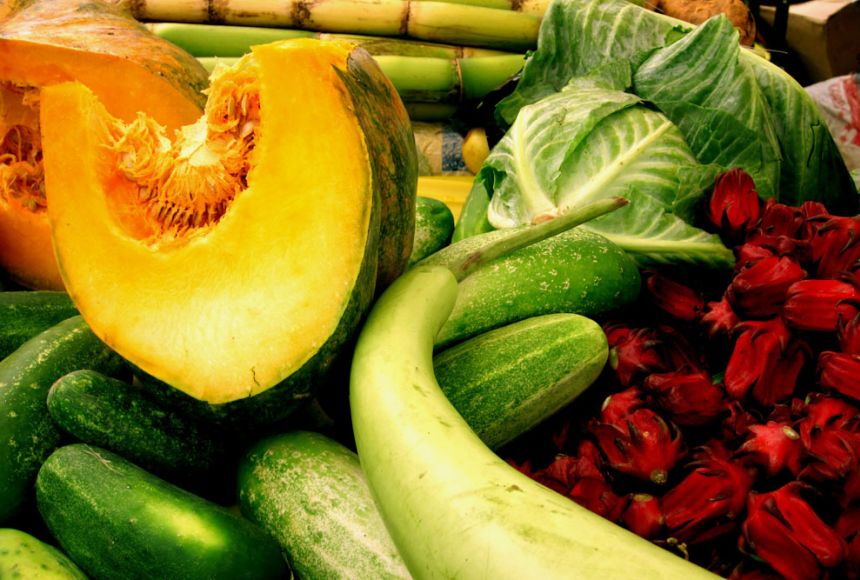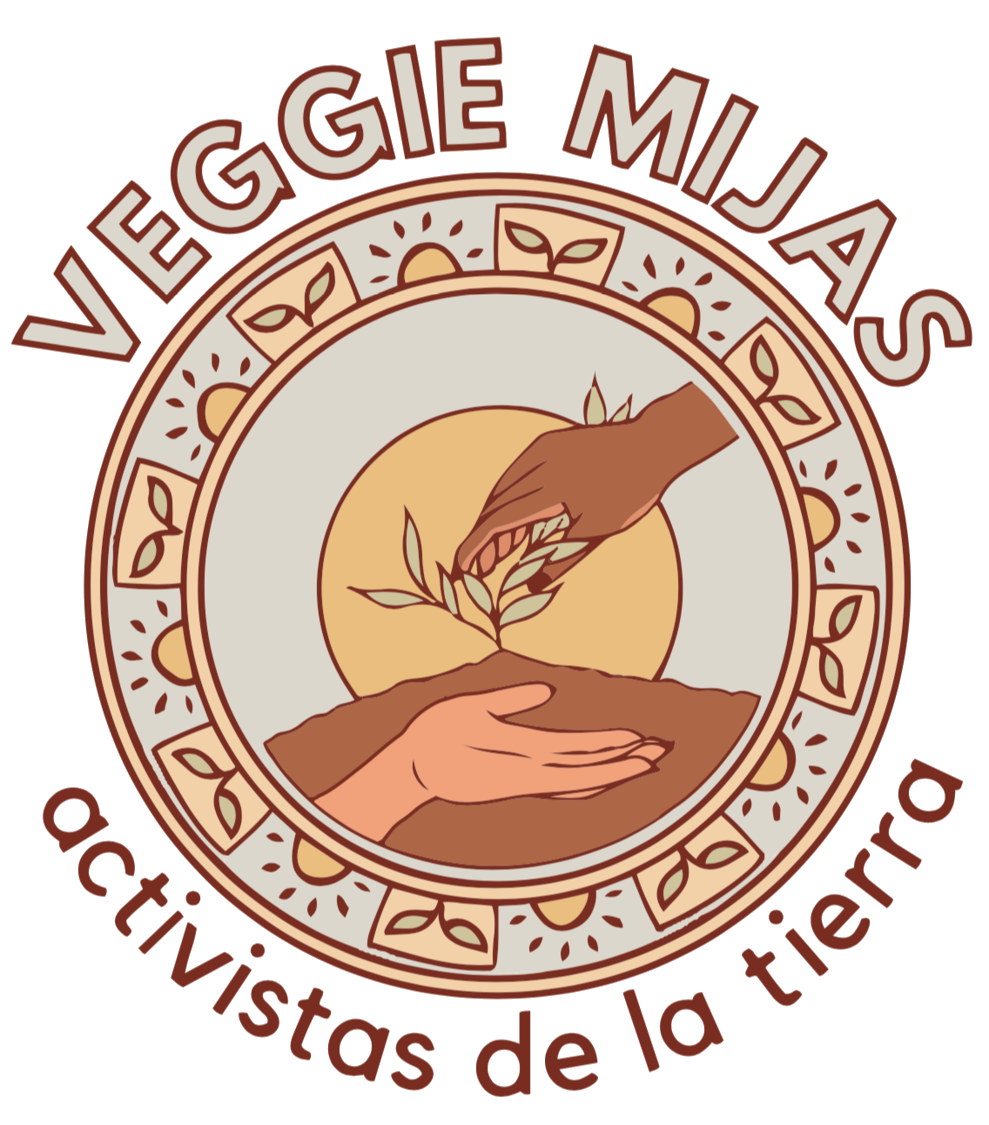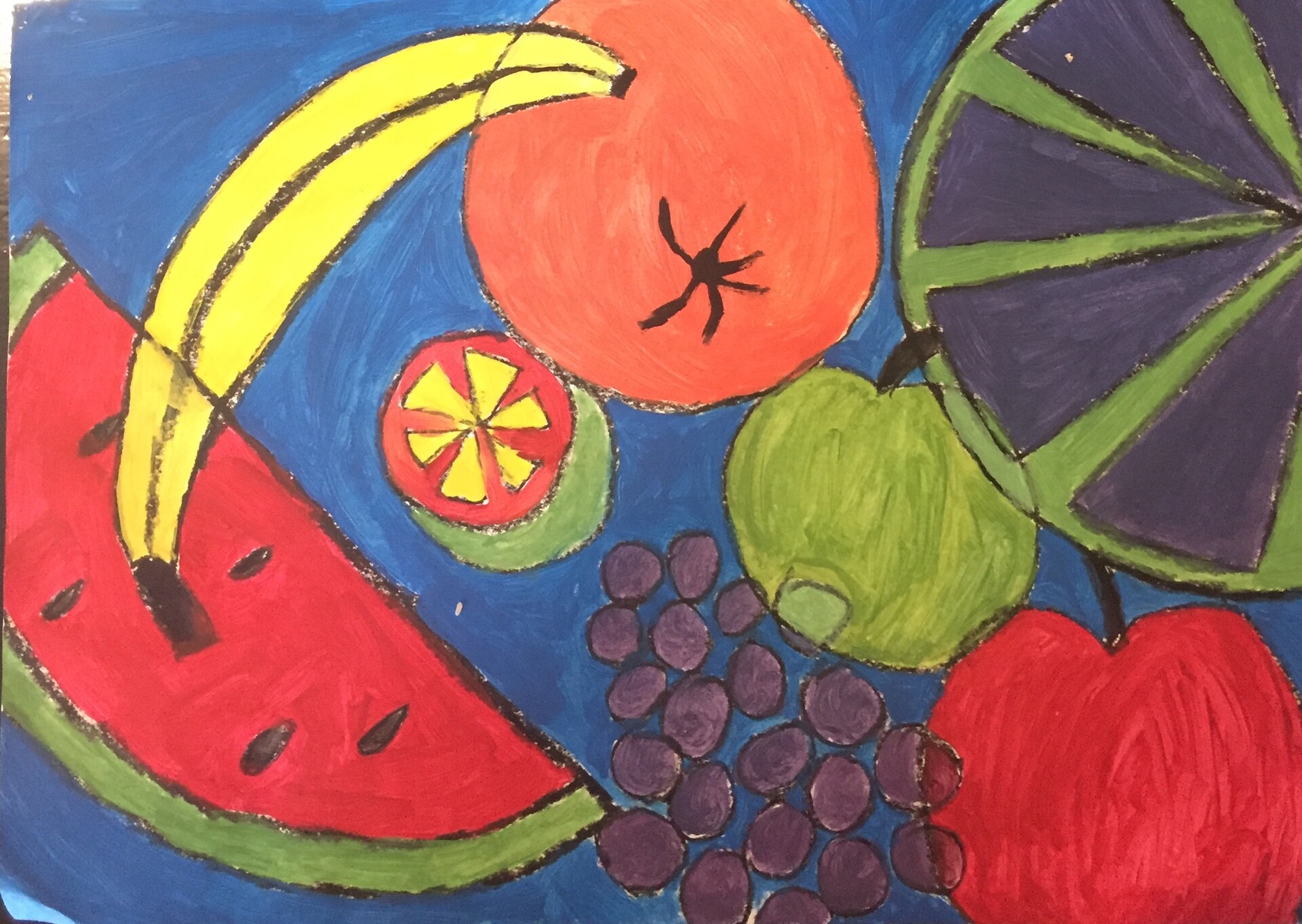Understanding Vegetarian and Vegan Diets
A vegetarian diet excludes all forms of meat and seafood but can vary significantly depending on individual choices. Some vegetarians may include dairy products and eggs, while others may eliminate one or both from their diets. A vegan diet is a stricter form of vegetarianism, which entirely avoids all animal-derived products. This includes not only meat and seafood but also dairy, eggs, and often ingredients like honey and gelatin.

When carefully planned, vegetarian and vegan diets can support good health and provide all the necessary nutrients the body needs. However, individuals who are breastfeeding or raising children on such diets need to be especially attentive to nutrient intake to support healthy development and growth.
Types of Vegetarian Diets
While “vegetarian” generally refers to plant-based eating, there are several subtypes based on the inclusion or exclusion of specific animal products. The choice of diet often reflects personal beliefs or circumstances, including health motivations, environmental concerns, ethical views, religious practices, or economic factors.
Key variations include:
- Lacto-ovo-vegetarian: Avoids meat and seafood but includes dairy products and eggs.
- Lacto-vegetarian: Avoids meat, seafood, and eggs but includes dairy products.
- Ovo-vegetarian: Excludes meat, seafood, and dairy but includes eggs.
- Vegan: Excludes all animal products, relying solely on plant-based foods.
There are also diets that, while not strictly vegetarian, aim to reduce animal product consumption:
- Pescetarian: Excludes meat but includes seafood, dairy, and eggs.
- Flexitarian: Primarily plant-based but occasionally includes small amounts of meat and seafood.
These more flexible diets are often chosen for health benefits while still maintaining some animal-based food intake.
Health Advantages of a Vegetarian Lifestyle
A well-structured vegetarian or vegan diet may help reduce the risk of several chronic conditions. These include:
- Obesity
- Heart disease
- High blood pressure
- Type 2 diabetes
- Certain types of cancer
Additionally, research indicates that vegetarians and vegans may experience lower rates of certain degenerative diseases and have improved overall health outcomes compared to those with meat-heavy diets.
Ensuring Nutritional Balance in a Vegetarian Diet
When following a vegetarian or vegan lifestyle, it’s important to ensure the diet is varied and includes a wide range of nutrients. This is especially vital during key life stages such as pregnancy, breastfeeding, and childhood development. Certain nutrients can be more challenging to obtain without animal products and require particular attention.
Protein for Vegetarians
Protein is a critical nutrient that supports bodily functions like tissue repair and growth. Proteins are composed of amino acids, some of which the body cannot produce on its own and must be obtained from food. While animal products typically provide complete proteins (containing all nine essential amino acids), most plant foods do not. Exceptions include soy, quinoa, and amaranth, which do offer complete protein profiles.
While earlier nutritional guidelines suggested combining plant proteins within the same meal, it is now understood that eating a variety of plant-based foods throughout the day is sufficient. If caloric intake is adequate, vegetarians and vegans can typically meet their protein needs. Notable sources of plant-based protein include:
- Legumes like lentils, peas, and beans
- Nuts and seeds
- Soy-based products like tofu and tempeh
- Whole grains such as oats and barley
- Pseudocereals like quinoa and amaranth
Important Minerals in a Vegetarian Diet
Vegetarians need to be mindful of their intake of essential minerals, including iron, zinc, calcium, and iodine.
- Iron: Although plant-based diets often contain iron-rich foods, the non-haem iron found in plants is less easily absorbed than haem iron from animal sources. Consuming vitamin C-rich foods alongside iron-containing foods can enhance absorption. Good sources include iron-fortified cereals, whole grains, legumes, tofu, leafy greens, and dried fruits.
- Zinc: This mineral supports immune function and cell growth. Plant-based sources include nuts, legumes, tofu, miso, wheat germ, and wholegrain products.
- Calcium: Crucial for bone and dental health, calcium can be obtained from dairy, calcium-fortified plant milks and juices, tofu, tahini, legumes, leafy green vegetables, and certain nuts like almonds and Brazil nuts.
- Iodine: Essential for thyroid hormone production and neurological development, iodine is found in iodised salt, dairy, eggs, seaweed, and certain fortified plant-based milks.
Vitamin B12 for Vegetarians and Vegans
Vitamin B12 supports red blood cell formation and brain health. As it is naturally present only in animal-derived foods, vegans need to obtain it through fortified foods or supplements. Reliable vegetarian sources include dairy, eggs, and B12-fortified products like certain soy drinks and meat substitutes. It’s a common myth that mushrooms, sea vegetables, and fermented foods provide usable B12—they contain compounds that mimic B12 but do not function like it in the human body. Vegans, particularly those who are pregnant or breastfeeding, should take B12 supplements as advised by a healthcare professional.
Vitamin D for Bone and Muscle Health
Vitamin D plays an important role in maintaining healthy bones and muscles. While food sources include eggs, fortified dairy products, margarine, and some cereals, the primary source remains sunlight. For individuals with limited sun exposure, supplementation or careful dietary planning may be necessary.
Vegetarian and Vegan Diets at Different Life Stages
When thoughtfully planned, plant-based diets can be suitable throughout all stages of life. However, special care is required during pregnancy, lactation, infancy, and childhood to ensure optimal health.
During Pregnancy
A vegetarian diet can support a healthy pregnancy if it includes a variety of foods to meet energy and nutrient needs. Women following vegan diets typically need supplementation for nutrients like folic acid, iodine, and vitamin B12 to ensure proper development of their baby’s brain and nervous system.
While Breastfeeding
Breastfeeding women can meet their nutritional needs with a balanced vegetarian diet. However, those following vegan diets may require supplements—especially vitamin B12—to prevent deficiencies that could harm both mother and child. Continued breastfeeding is recommended for at least two years. A dietitian can help ensure nutrient needs are met during this time.
For Babies and Young Children
Exclusively breastfed or formula-fed babies up to six months do not require additional foods. From around six months, solid foods can be introduced while continuing breastfeeding or formula. For children on vegetarian or vegan diets, special planning is needed to ensure they receive all vital nutrients. Early foods should be rich in iron, protein, and energy.
Non-animal iron sources like legumes, leafy greens, tofu, nuts, and iron-fortified cereals should be paired with foods rich in vitamin C to enhance absorption. High-fiber foods may make children feel full too quickly, limiting energy intake, so a balance of refined and wholegrain foods is important.
Frequent meals and energy-dense snacks can help meet growing children’s needs. Suitable foods include hummus, full-fat dairy, smooth nut butters, avocado, starchy vegetables, and healthy oils.
Infant Formula and Milk Alternatives
Until 12 months of age, infants should continue with breastmilk or infant formula. Cow’s milk can be used in small amounts for cooking after six months, but not as a main drink. Goat’s or sheep’s milk, and unpasteurised milk, are not suitable.
Plant-based milks are not recommended before 12 months, except for specially formulated soy-based infant formula. After the first year, fortified soy or calcium-enriched rice and oat beverages may be introduced under professional supervision, ensuring the child’s overall diet includes sufficient protein and vitamin B12.
If you’re considering a vegetarian or vegan diet for your child, consulting a health professional is essential to ensure that their diet is nutritionally complete and appropriate for their stage of growth and development.

